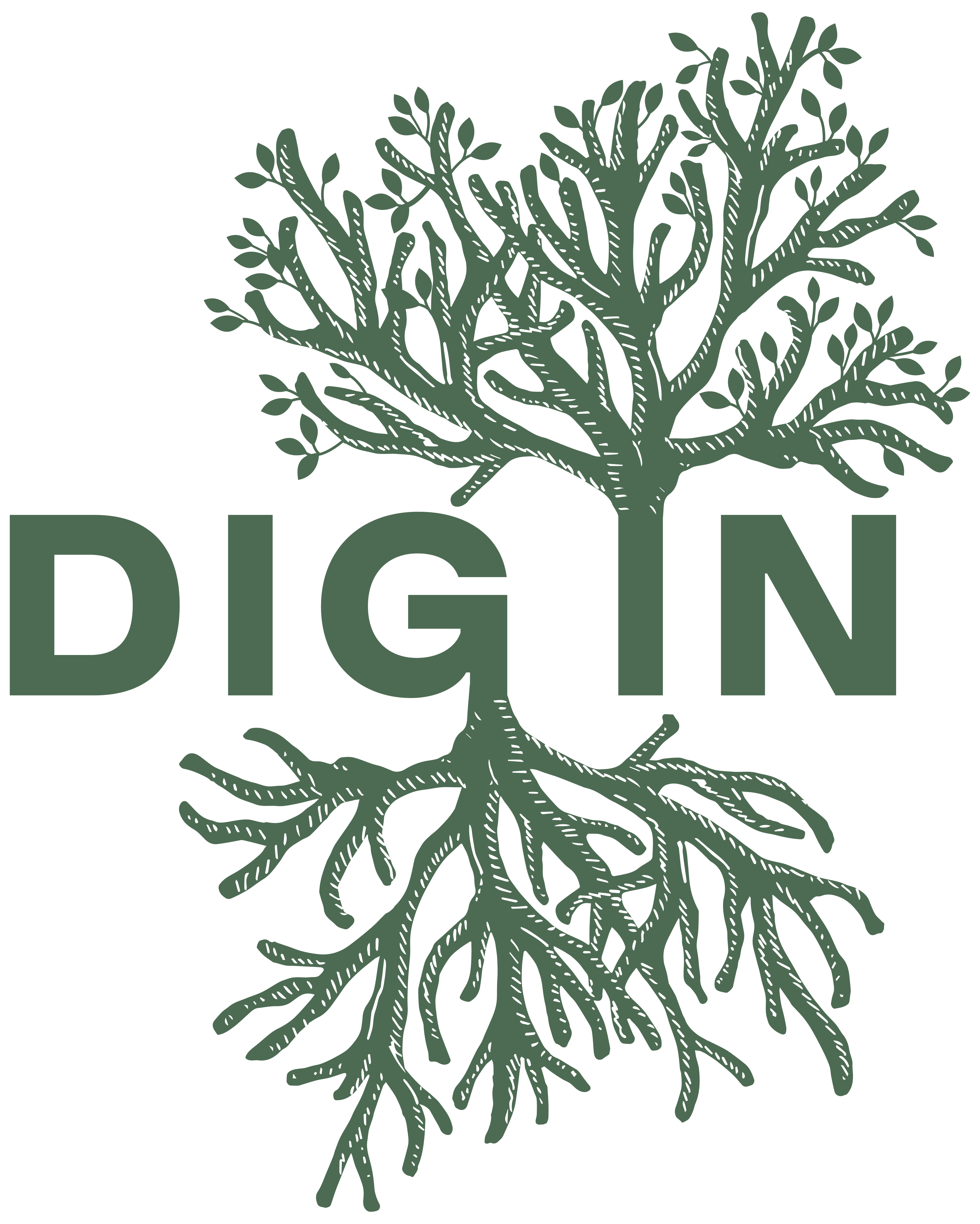People need wild places.
Whether or not we think we do, we do.
We need to be able to taste grace and know again that we desire it.
We need to experience a landscape that is timeless, whose agenda moves at the pace of speciation and glaciers.
It reminds us that our plans are small and somewhat absurd.
It reminds us why, in those cases in which our plans might influence many future generations, we ought to choose carefully.
—Barbara Kingsolver
There’s a small section of the Bay Trail near my home where I walk regularly with my dogs. It’s nothing spectacular, sandwiched between the Bay and the Interstate 80 corridor. I’m often there in the early morning, as an endless parade of cars and trucks is making its way toward the Bay Bridge into San Francisco.
Why it is notable is that it’s undeveloped, its use as a site for fill slowly reverting back to the wild–whatever that might mean in a major metropolitan area. And there are plans in the works to develop this low rise and spit known as Brickyard Cove, to replant native species and improve the dirt paths and gravel parking lot. The plans look lovely, and I’m sure it will be beautiful…but the news of this project also saddened me.

There is growing evidence that green space and nature has a beneficial effect on our health, from backyards and small parks to large open spaces and wilderness areas. Those spaces with increased biodiversity have been shown to have even more psychological benefit.
I would also suggest that we need “wild spaces”, both in the traditional sense of untrammeled wilderness AND–in an interpretation for more developed areas–those places that remain unplanned, where there is no intervention, even if they have been previously disturbed.
We need to be where the natural world–and not only the human mind and hand–creates (or re-creates) the landscape.
As Wallace Stegner has written: “We simply need that wild country available to us, even if we never do more than drive to its edge and look in. For it can be a means of reassuring ourselves of our sanity as creatures, a part of the geography of hope.”
We need that “geography of hope” in our lives and in our communities now more than ever. We need to engage with the wild, whether that is an actual place or a state of mind, as our lives can often feel over-planned and predictable in terms of our schedules and our habits. We also may stay busy to avoid the wildness or lack of control we may feel.
In a recent article on the role of nature in Facing Fear, author J.B. MacKinnon asks: “Were our distant ancestors, gathered around the fire in the lowering light, touched only by the awesome sunset, or did they also dread the awful night? Do we say that nature is only beneficial when it comforts, calms, and uplifts, as though there are no secret pleasures, no vital lessons, in feeling scared, disgusted, and uncomfortable? Is there a person alive who only ever wants the calm sea, and never the storm?”
The “wild” we may discover nearby, in ourselves or in others can help creatively disrupt the patterns too often inherited from a fast-paced, results-oriented culture. It can inspire us to sit with chaos, come to terms with messiness and imperfection, to do less, to listen more carefully to one another, to allow things to unfold.
I often reflect on this in my work with communities, networks, and organizations, eager to clarify strategy, improve collaboration, and spark change. Noble goals to be sure (and my bread and butter), but deeper discoveries and relationships can sometimes remain unearthed if we rush past the wild places or act too quickly. Sometimes not intervening or taking an unplanned course is the most transformative path, relying on the wisdom of the wild to guide us.
The Peace of Wild Things
When despair for the world grows in me
and I wake in the night at the least sound
in fear of what my life and my children’s lives may be,
I go and lie down where the wood drake
rests in his beauty on the water, and the great heron feeds.
I come into the peace of wild things
who do not tax their lives with forethought
of grief. I come into the presence of still water.
And I feel above me the day-blind stars
waiting with their light. For a time
I rest in the grace of the world, and am free.
–Wendell Berry

